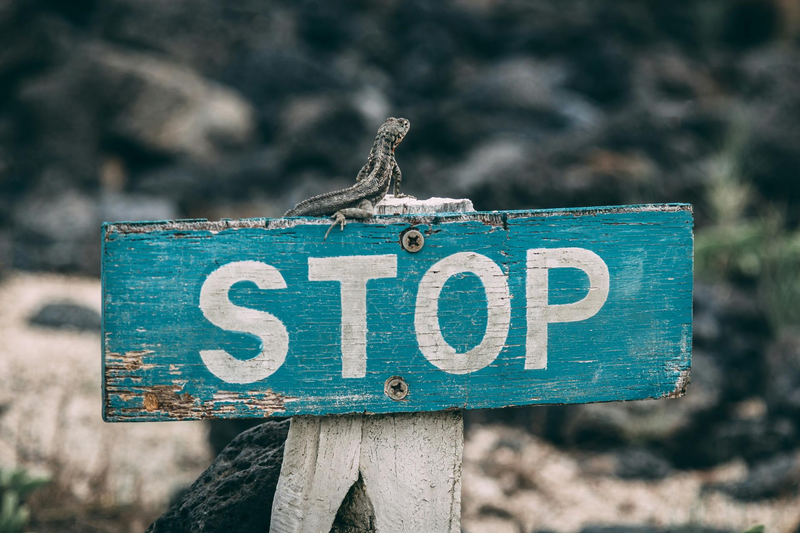
Setting boundaries: why it's so important

Setting Boundaries often sounds strict, as if you are putting up walls. But in reality, it’s about something very different: taking care of yourself and of your relationship with others. Boundaries provide support, clarity, and safety. Without them, you can easily feel overwhelmed. With too many boundaries, you may feel suffocated.
In my coaching, I often see how much someone’s past influences the way they deal with boundaries now. Some clients grew up in an environment where everything was allowed, while others were kept under very tight control. Both experiences leave deep marks.
Too much or too little
If, as a child, you had little space to explore for yourself, you may have felt you always had to meet expectations. Making mistakes felt dangerous, because they were immediately punished or disapproved of. As an adult, this can make you feel insecure, eager to please others, or struggling to make your own choices.
One of my clients recently ran into this. Her parents used to decide everything for her: which hobbies she was allowed to do, what she had to study, and even how she spent her free time. Now that she’s an adult, she notices she has no idea what she truly wants. Because boundaries always came from outside, she never learned to feel or express her own. The result: she feels stuck, doesn’t know which direction to take, and constantly feels like life is happening to her instead of being lived by her.
If, on the other hand, there were hardly any rules or frameworks, you may have learned that everything is possible and allowed. That sounds free, but it can also be confusing: you don’t know where you end and the other person begins, which makes it hard to respect your own boundaries—or those of others.
Learning to set boundaries
The good news is: you can learn to set boundaries. And it doesn’t have to be big or perfect all at once. Often it starts small. For someone who never learned to make choices, it can already be a victory to say what they want to drink at lunch. It may seem minor, but it’s the first step towards taking themselves seriously.
Setting boundaries begins with awareness. Your body gives signals: tension in your shoulders, fatigue, or irritation. These are often signs that you’re crossing your limits. Next, it helps to reflect on your values: what do you find important? Once you know that, it becomes easier to make choices that align with them.
Guarding your boundaries
Setting boundaries is one thing, but guarding them is just as important. Others may sometimes test those limits unconsciously. In those moments, it helps to be brief and clear. A simple “No, that doesn’t work for me right now” is often enough. You don’t need to provide lengthy explanations or justify yourself.
It also helps to speak in the first person: “I notice I’m getting tired, so I’m going home.” That way, you keep the responsibility with yourself and avoid unnecessary discussion. And be consistent: if you give in every time, the other person will learn that your boundaries are flexible.
Balance
Boundaries are not walls, but neither are they an open field without fences. They’re about balance: giving yourself space while offering clarity to others. Taking yourself seriously is part of that. The better you know and guard your own boundaries, the more connected you can be with others.
And perhaps you recognize this yourself: that moment when you said “yes” even though you actually wanted to say “no.” Don’t see that as failure, but as practice. Setting boundaries is not a final destination, but a process in which you grow stronger step by step.

About the author
- Karolien Koolhof is a coach voor introverts and gifted individuals
- Author of the book Introvert Leadership
- Contact

